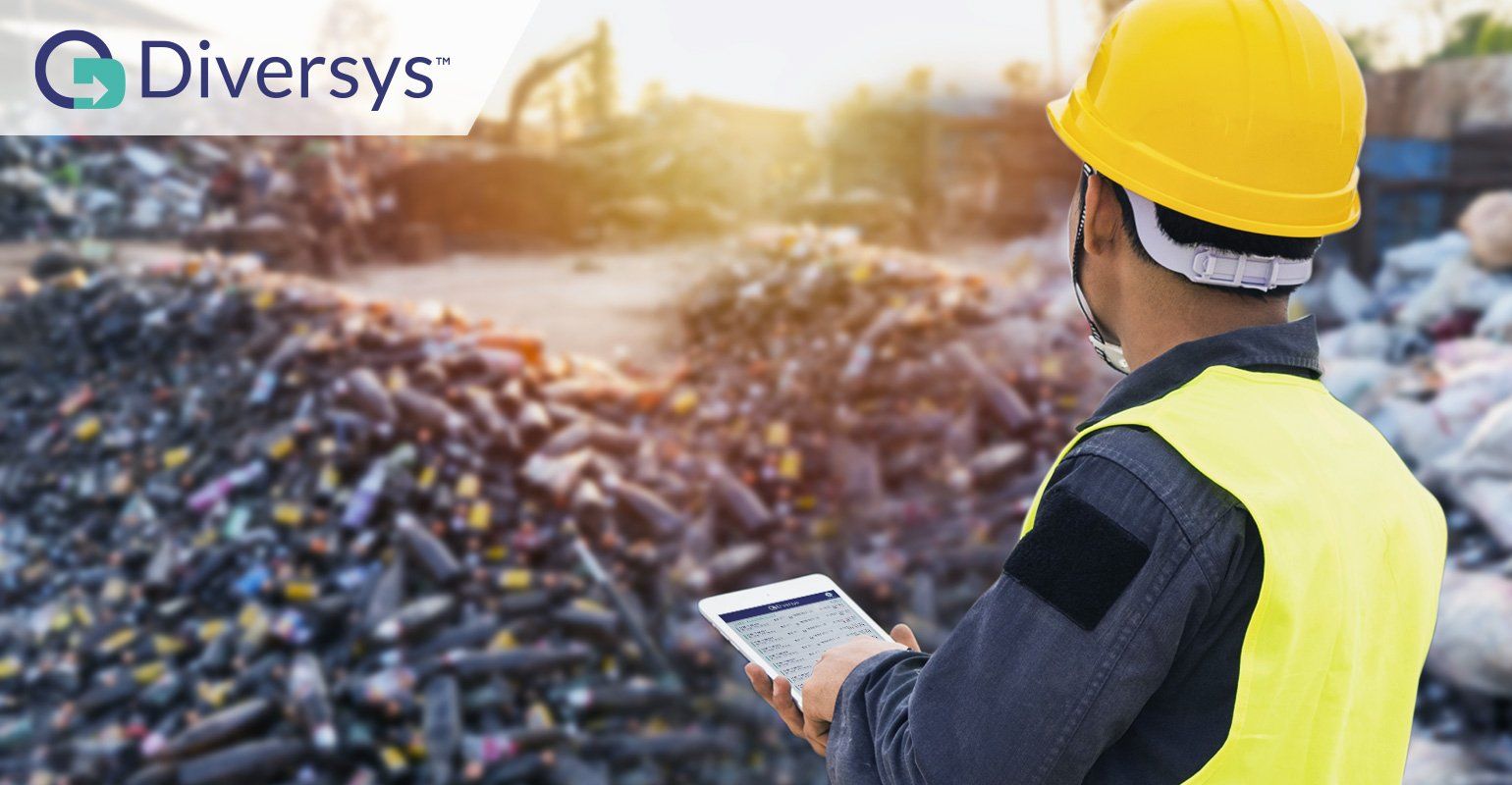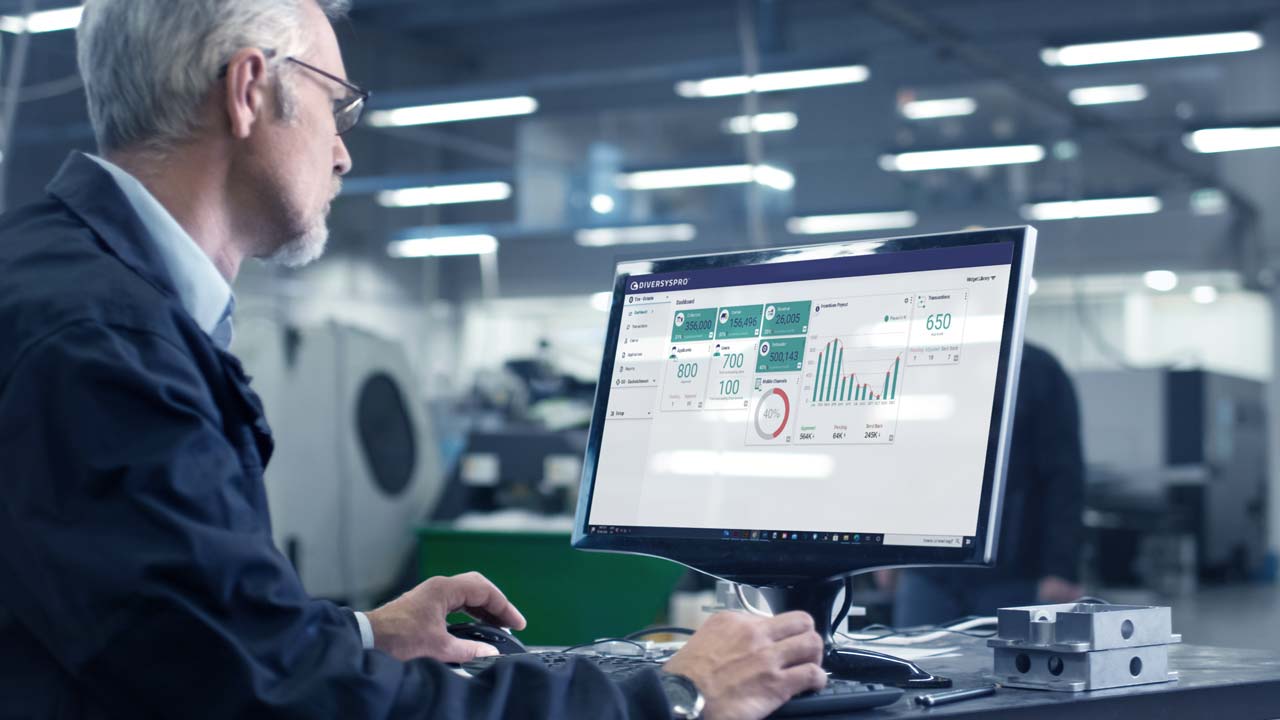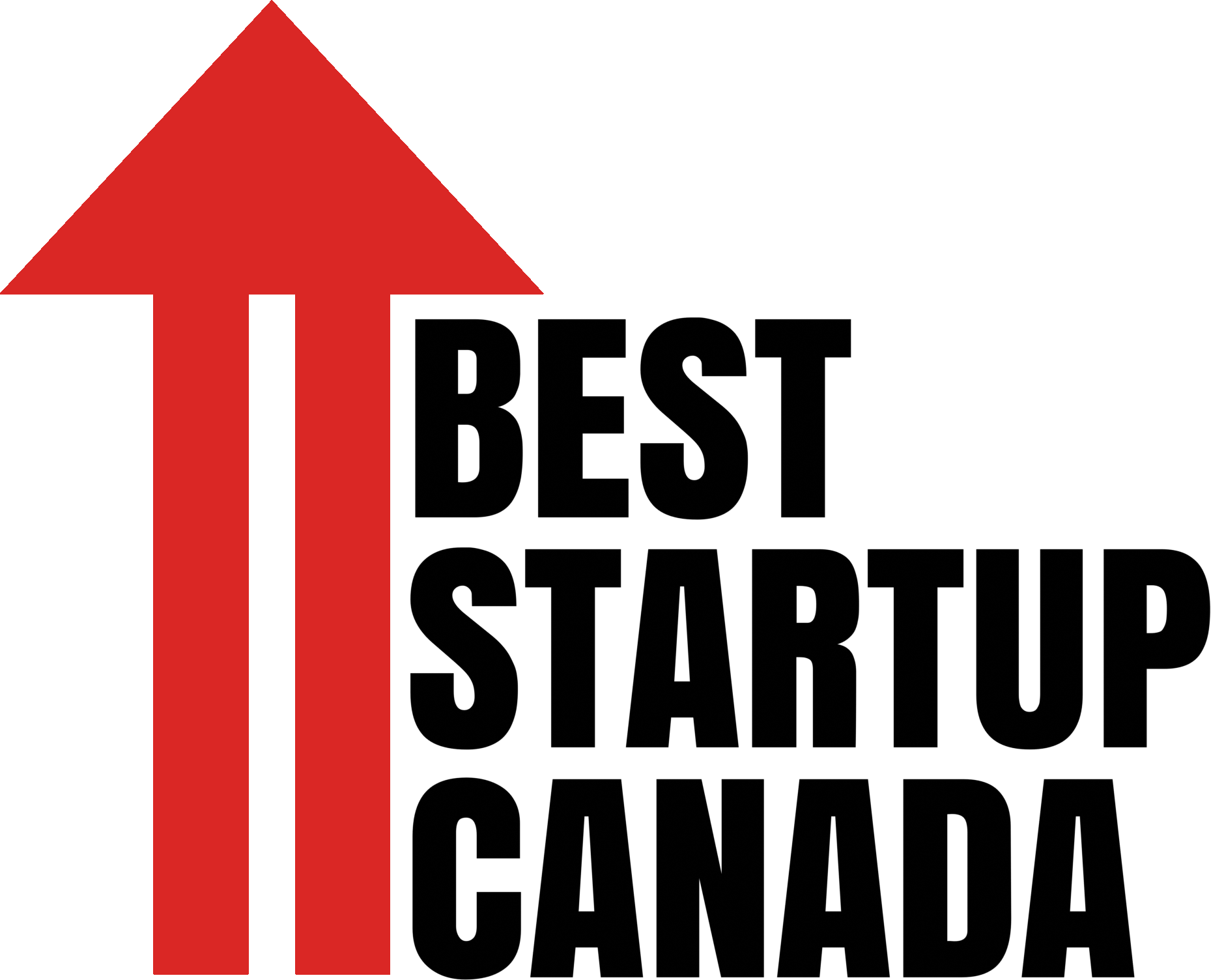DIVERSYS IN THE NEWS
A Platform for Change:
The Simple Way to Stay Ahead in the Evolving Waste and Recycling Management Industry
Originally published on:
www.waste360.com
Diversys has a vision of seeing a world without waste. To that end, Diversys focuses on partnering with the many diverse members of the recycling and waste management industry to improve and transform the ways in which their programs are currently managed – whether they’re part of an Extended or Individual Producer Responsibility framework or not. Passionate about working with such organizations to drive to a circular economy, Diversys’ CEO Roger Barlow discusses the challenges faced across the industry and how, with Diversys’ help, they can be overcome.
Q: What issues and challenges do today’s recycling and waste management organizations face?
Today’s organizations are busier than ever, and at their core, they need to be able to run their programs and operations quickly, easily, and effectively. They also need to have visibility on every aspect of their process so they can track and measure their material flows. And last but certainly not least, they need to know how they stand against their performance goals and recovery targets at any point in time, and many need to be able to generate audit-ready proof of all of this.
Regardless of how they’re managing these requirements today, most are struggling in at least some of these areas – and some are being challenged across the board.
However, most organizations simply don’t know that there are better ways to manage their operations, ones that will improve productivity in their programs, maximize revenue, cut costs, and save time, while ensuring high-quality data if they need to build reports. They just aren’t aware of what’s possible.
Q: How are the recycling and waste management organizations managing—or attempting to manage—their programs and operations today? Are there concerns with how they are doing it?
Many organizations are using their own custom-built software or are relying on outdated paper processes to run their programs, and as a result, they are struggling to maximize productivity and revenue. They’re also struggling to have visibility and track their performance against their goals.
For example, if a recycling organization knows they have to collect, haul, and process a certain tonnage of recyclables by the end of the year, they need to know continually throughout the year where they are against that goal. Manually analyzing the data to calculate performance is error-prone and time-consuming – which is especially concerning when you have a deadline approaching. After all, it doesn’t help much to know how you’re performing against your goal or recovery target in November if you need to meet it in December. Organizations need to know the health of their programs at any time of year, so they can course-correct as they go.
These are real, practical problems that are making the lives of those in the waste and recycling management industries harder, while also negatively impacting legislation.
Q: So, given all of this, how are recycling and waste management organizations seeking to be and to do better?
Well, that’s just the thing. They are all making do, and quite frankly, they’re doing the best that they can. Again, many just aren’t aware of what is possible today. And at Diversys, that’s our goal: to redefine what is actually possible in this industry.
This is actually very exciting, because now it is possible to run programs and operations like never before. It is feasible to see into every step of programs and processes and home in on what’s not working. It is possible to connect every activity happening in the field to those managing them in the office—in real time, no less. And most importantly, it’s 100% possible to have complete confidence all the time that your recovery targets or performance goals will be met.
Q: Having complete confidence in your program sounds like a tall order! What are some "best-in-class" ways to manage programs to get to that complete confidence?
It’s true – and many organizations don’t realize that solutions that give you this level of confidence exist today.
Getting to that best-in-class solution starts with assessing your confidence in your current program. So, you can start by asking:
- Do you have confidence in your ability to track the flow of your materials easily and in real time?
- Are all your in-field activities visible to you right away?
- Can you easily manage your relationships with your service providers?
- Can you fully trust your data and rely on it to make major decisions for your business?
- Are you sure you’ll meet your performance or recovery targets for this month, quarter, or year?
A best-in-class solution would let you answer confidently to all of the above.
Imagine having that confidence because you have access to all the information you need, any time. As an organization, that’s what gets us excited, because that is possible today. It may sound simple, but it’s remarkably powerful – and it gets to the heart of what this industry really needs.
Q: How does it do that? What are the core elements that the industry really needs to redefine what’s possible?
Very simply, the industry needs four key things:
- All recycling and waste activities need to be digitally tracked
- All aspects of managing the program need to be easy to perform on a single platform
- Reporting should be quick to produce and easy to access, and irrefutably accurate
- Every step of the program should be underpinned by high-quality, accurate data that is available anytime, anywhere
And while data is really key here, it’s one of the things that’s been a challenge in this industry for a long time.
Q: The need for better data is something you understand well. Why does the industry need better data? What’s wrong with the data we have now?
Very simply: unreliable data coming in from “the field” (meaning, the people doing the actual work of collecting and processing recyclables and waste) means organizations are reporting on their activities unreliably, means legislation is built around faulty data, means we don’t know what this industry is truly capable of or how well we’re actually moving towards a circular economy.
On the other hand, solid, reliable data increases the capabilities of the industry, ultimately (and demonstrably) leading to a waste-free world. Today’s leading-edge tools have built-in safeguards to ensure that data is accurate from the time it’s collected to the time it’s used. More organizations need to be taking advantage of this.
Q: What makes data from in “the field” unreliable?
Most waste or recycling management organizations use paper forms to track the activities happening in the field - like picking up materials from a collection point and dropping them off to another site. Organizations may also work with a network of service providers or “participants” (e.g., haulers, collectors, processors, etc.) to perform those activities and fill out the forms to record their work. These forms are then faxed or mailed to the organization managing the program, and the information from them is manually entered into a data management tool (like Excel) or a software tool that was custom-built for that organization.
There are dozens of problems that come from managing a program this way: everything from illegible or lost forms, to delays, to the lack of safeguards against error and fraud means that the information is not reliable, irrefutably accurate, or traceable. For organizations that need to report in detail on their activities and prove that they’ve accomplished as much as their claiming, this can be a real challenge.
And this faulty system makes the day-to-day work of the recycling or waste management organization unnecessarily complicated: whether it’s reporting, KPI tracking, or payments for service providers, everything relies on that information being 100% accurate. Without that accuracy, there are serious consequence for productivity and the organization’s bottom line. That’s why many organizations struggle and waste time simply trying to verify data.
Q: So, if data from in the field is unreliable, and even custom software solutions don’t necessarily give organizations all the tools they need to manage their programs well, what is the solution?
This is precisely why we built Diversys, a SaaS platform that organizations can start using right away to manage their programs with confidence. Rather than wasting time with paper forms, everyone in an organization’s program can use the Diversys mobile app to securely track all their activities. It comes with a host of error and fraud safeguards already built-in, ensuring data is highly accurate and reliable when it is reported back to the organization managing the program.
That organization can then use Diversys on the web to track their performance visually, through dashboards that make it easy to measure KPIs. They can also autogenerate and export reports, so their stakeholders or governing bodies can easily be kept abreast of their progress. Diversys also supports other office tasks, like managing relationships with service providers, approving invoices, setting incentive rates, etc.
This is just the tip of the iceberg – the Diversys platform has so many features that completely revolutionize our customers’ programs.
Q: The Diversys website says that this platform is revolutionary, transformational, and redefines the world of the user. How is Diversys transforming the operations of those using the software?
Transformation happens through optimization. By managing every single step of their recycling or waste program through Diversys, our customers are optimizing every single thing they do. They are not wasting time double-checking their data; the software does that for them. They’re also never uncertain about how their programs are performing or if they’re maximizing productivity; they see that automatically, any time they log into Diversys. The platform does the heavy lifting, eliminating labour-intensive work for our customers.
This means our customers are no longer derailed by time-consuming tasks and minutia. Their work is transformed, because they suddenly have freedom to focus on what really matter for their businesses: making strong decisions based on reliable data, identifying and fixing problem areas in their processes that are blocking productivity, and providing reliable reporting that actually moves us all towards a circular economy.
Q: How would an organization know how their program is performing now? How would they know if Diversys can help them?
At Diversys, we really want to be the partner that helps organizations determine what they need to do to embrace transformation, whether they are private sector recycling or waste management firms, government entities, producer responsibility organizations, or product stewardships. That’s why we developed a free, detailed tool on our website that quickly helps organizations evaluate their programs. You get results right away, and we also send you a report that dives into the details – like what your answers reveal, what it means for your program, how you can improve, and what’s already working well for you.
You can also talk directly to one of us, and we can really get into the details of your unique program. Whether you want a better way to manage your program or you’re curious about what’s now possible in the industry, we’re happy to chat more.
See other news about diversys
Recycling Product news
Diversys Software has released its new solution for the recycling and waste management industry that changes the way programs are managed—regardless of waste or recovery stream, or program complexity.
Best StartUps Canada
This article showcases our top picks for the best Toronto based Environmental Consulting companies. These startups and companies are taking a variety of approaches to innovating the Environmental Consulting industry.
DIVERSYS
LINKS





